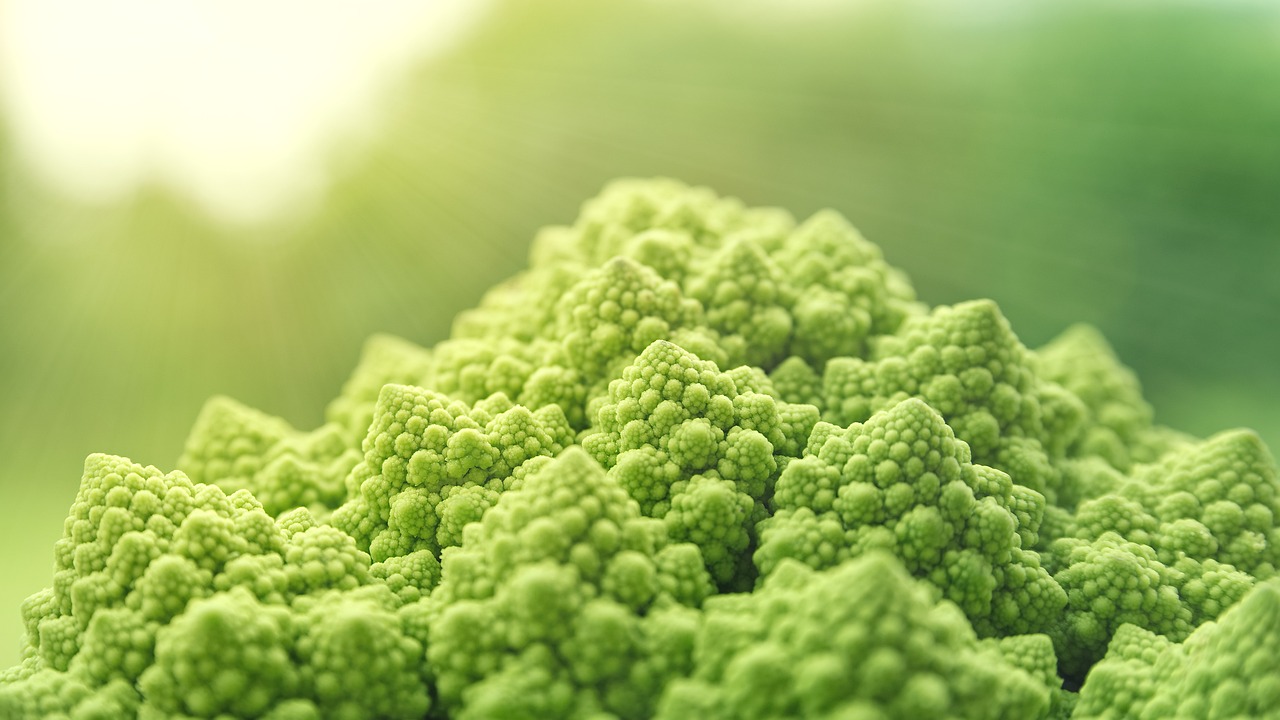The Shift Towards Cruelty-Free and Sustainable Beauty
The world of beauty and cosmetics is undergoing a significant transformation, driven by the increasing demand for vegan and cruelty-free products. This shift is not just a passing trend, but a profound change in the way consumers think about the products they use on their skin and the impact they have on the environment. As noted in some of the most prestigious publications, this movement is being led by consumers who are no longer willing to compromise on their values, seeking products that are not only effective but also ethical and sustainable.
Understanding the Rise of Veganism in Beauty
At the heart of this movement is the desire for a more compassionate and environmentally conscious lifestyle. Vegan beauty products, which are free from animal-derived ingredients and by-products, are becoming the preferred choice for many. This trend is not limited to vegans alone; it encompasses a broader audience concerned with animal welfare and the environmental footprint of their purchasing decisions. According to recent data, the vegan beauty market is experiencing rapid growth, with sales projected to increase significantly over the next few years.
Key Drivers of the Vegan Beauty Trend
Several factors are driving the adoption of vegan beauty products. These include:
- Increased awareness about animal welfare and the treatment of animals in the cosmetics industry.
- A growing understanding of the environmental benefits of choosing plant-based and sustainable products.
- Advancements in technology that have made vegan alternatives to traditional beauty products more effective and accessible.
- Influence from social media platforms, where consumers are exposed to information and reviews about vegan beauty products.
Innovations in Vegan Beauty Products
The rise of vegan beauty has spurred innovation in the industry, with companies developing new, cruelty-free products that match the quality and effectiveness of their traditional counterparts. Some of the most interesting developments include the use of plant stem cells, natural peptides, and vegan collagen, which offer potent anti-aging benefits without the need for animal-derived ingredients.
Vegan Alternatives to Traditional Ingredients
Companies are now using a variety of plant-based ingredients to replace traditional animal-derived components. For example, vegan keratin, derived from plants such as soy, wheat, or quinoa, is being used in hair care products to improve strength and shine. Similarly, plant-based retinol alternatives are offering similar benefits to traditional retinol without the potential irritation or ethical concerns.
Table: Comparison of Traditional and Vegan Beauty Ingredients
| Traditional Ingredient | Vegan Alternative | Benefits |
| Keratin (animal-derived) | Vegan keratin (soy, wheat, quinoa) | Improves hair strength and shine |
| Retinol (animal-derived) | Plant-based retinol alternatives (bakuchiol, rosehip oil) | Promotes skin renewal, reduces fine lines |
| Lanolin (wool wax) | Plant-based moisturizers (coconut oil, shea butter) | Provides hydration and skin protection |
Challenges and Future Directions
While the vegan beauty market is expanding, there are still challenges to be addressed. One of the main concerns is the lack of regulation around labeling, with some products being mislabeled as vegan or cruelty-free. Moreover, there is a need for more research into the long-term effects of some plant-based ingredients on human health and the environment.
Consumer Education and Awareness
Educating consumers about what to look for in vegan beauty products is crucial. This includes understanding certification labels, such as the Vegan Society logo, and being aware of the ingredients and manufacturing processes used. As consumers become more informed, they are driving demand for genuine, cruelty-free, and sustainable products, forcing companies to be more transparent and accountable.
Addressing Questions on Vegan Beauty
– Are all vegan beauty products cruelty-free? Not necessarily. While vegan products do not contain animal-derived ingredients, they might still be tested on animals. Look for products that are both vegan and cruelty-free.
– Are vegan beauty products as effective as traditional ones? Yes, with advancements in technology, many vegan products now match or even surpass the effectiveness of their traditional counterparts.
– How can I ensure the vegan beauty products I choose are sustainable? Check the packaging for recyclable materials, choose products with minimal packaging, and opt for brands that prioritize environmental sustainability.
Conclusion and Future Outlook
The rise of vegan beauty products marks a significant shift in consumer values, prioritizing compassion, sustainability, and health. As this market continues to evolve, we can expect to see more innovative, effective, and sustainable products. The challenge now lies in ensuring that the growth of this market is accompanied by rigorous standards and transparency, protecting both consumers and the environment. With the plethora of information available from esteemed publications and the voice of consumers, the future of beauty looks set to be more ethical, sustainable, and inclusive than ever before.

